

Mentor Program Builds Capacity for Conservation Success
“The main objective of the MENTOR-Bat program is to strengthen technical and leadership capacity in early-career conservation leaders of Cameroon, Colombia, and Indonesia so they can promote healthy environments where bats and people can coexist sustainably.”
—Luz de Wit
“The main objective of the MENTOR-Bat program is to strengthen technical and leadership capacity in early-career conservation leaders of Cameroon, Colombia, and Indonesia so they can promote healthy environments where bats and people can coexist sustainably,” says Luz de Wit, Ph.D., who is BCI’s MENTOR-Bat Program Coordinator. “It creates new links between the nodes that make up the vast network of scientists and conservation leaders focused on protecting bats, their habitats, and the people who interact with and benefit from bats.”
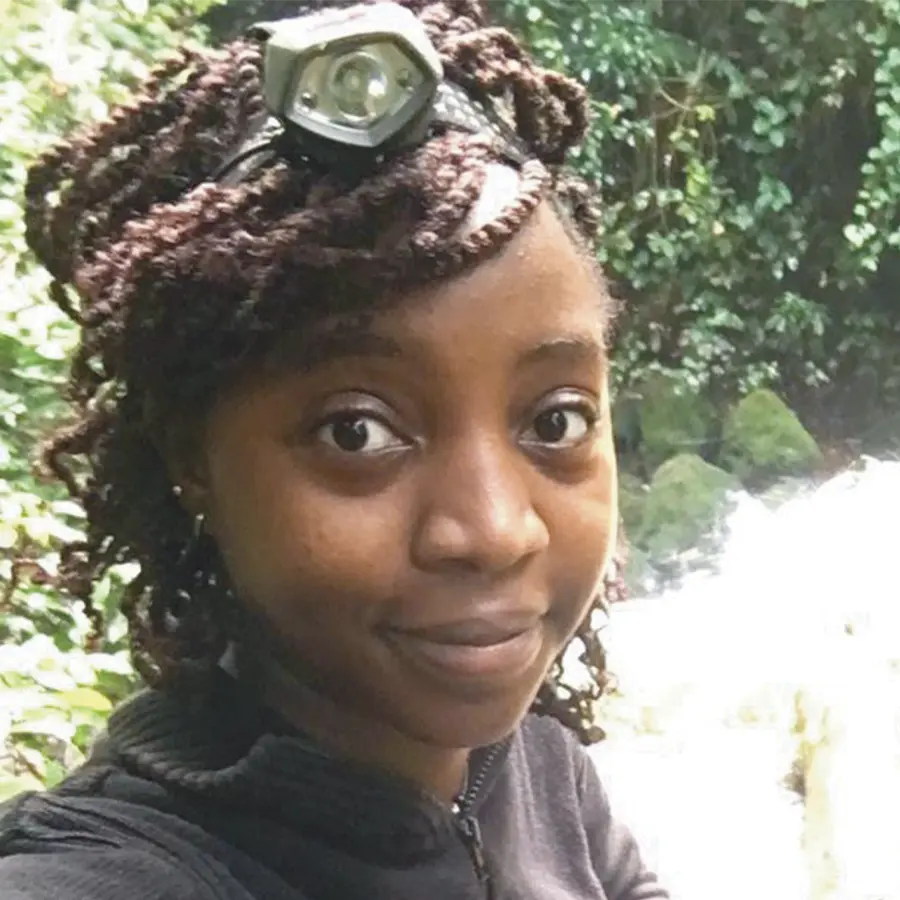
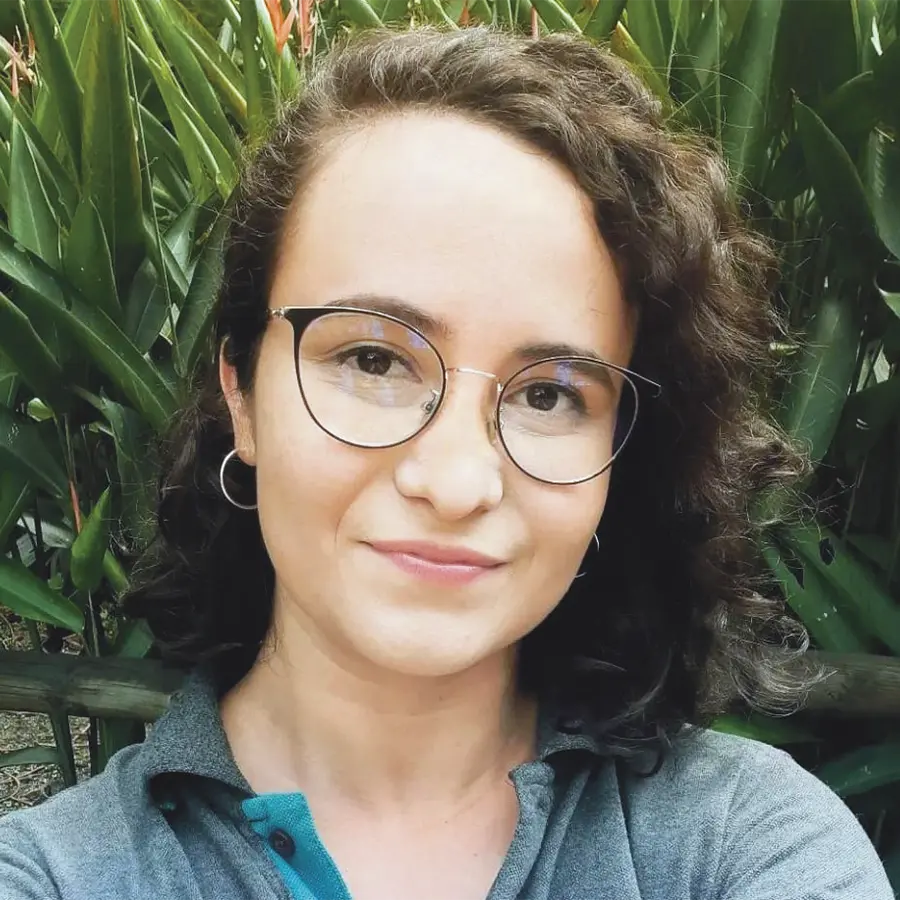

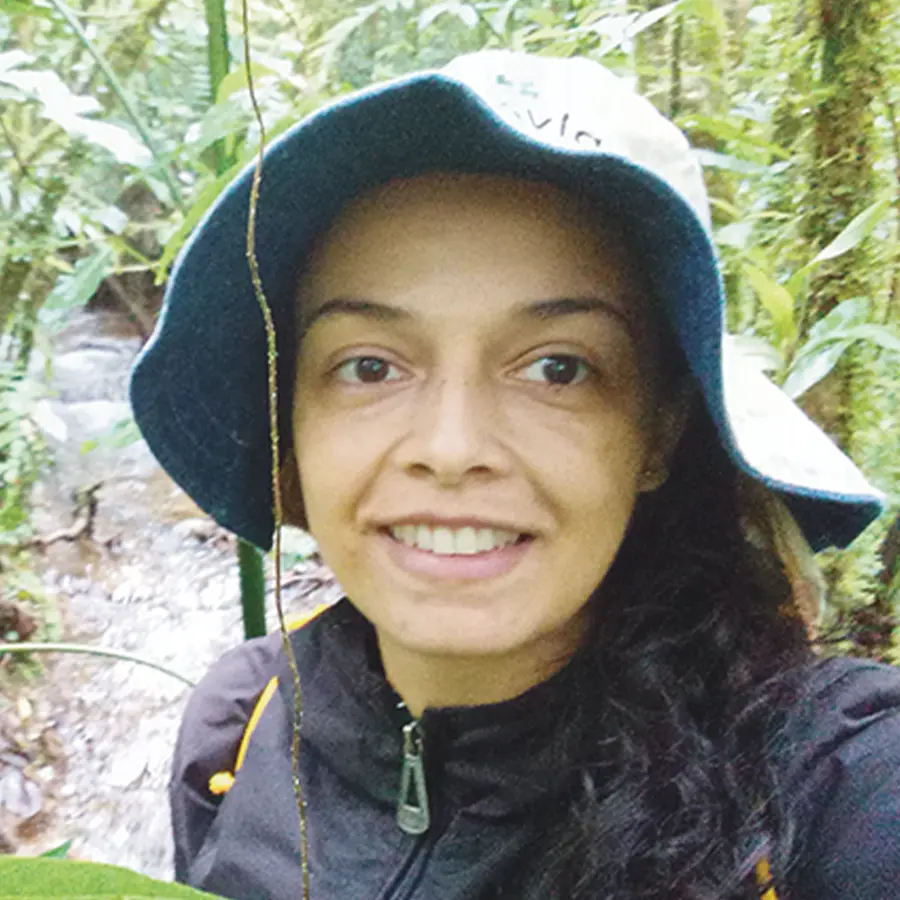
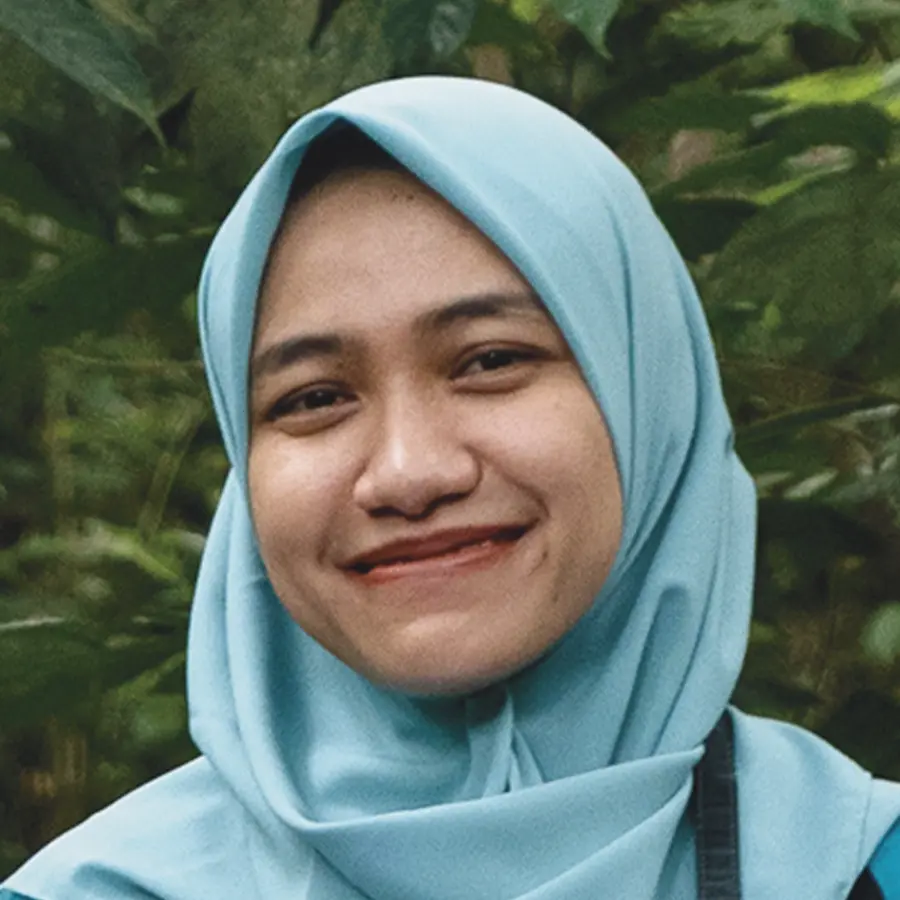
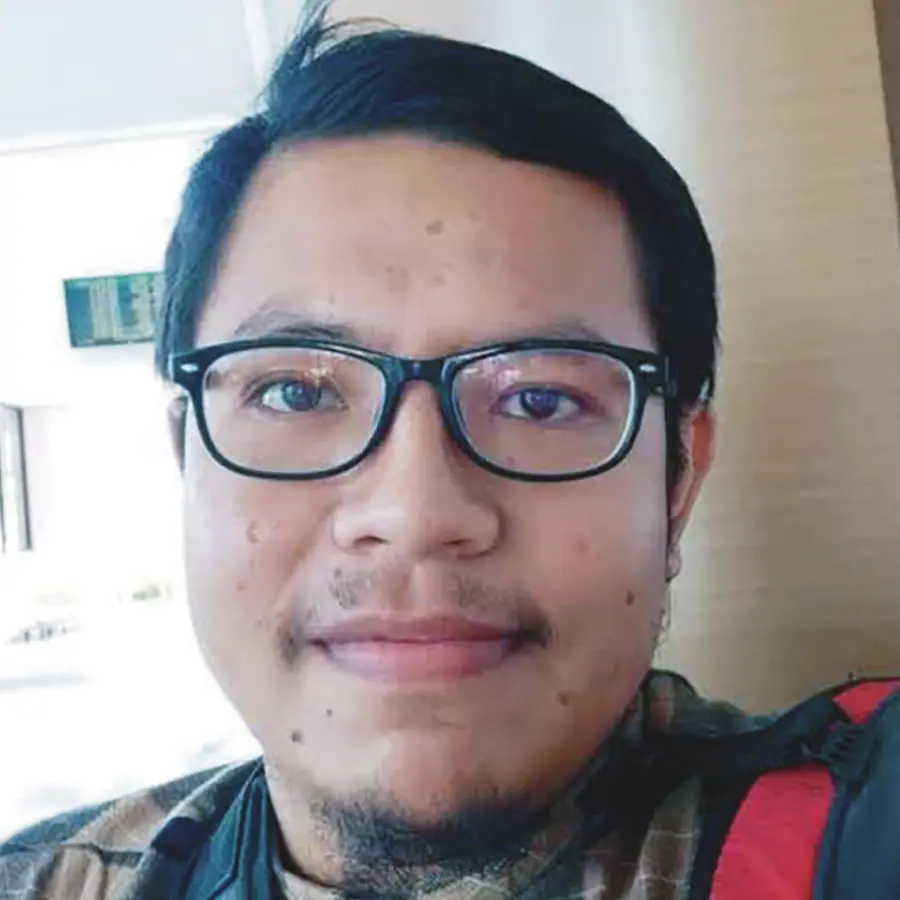
The next generation of bat conservationists
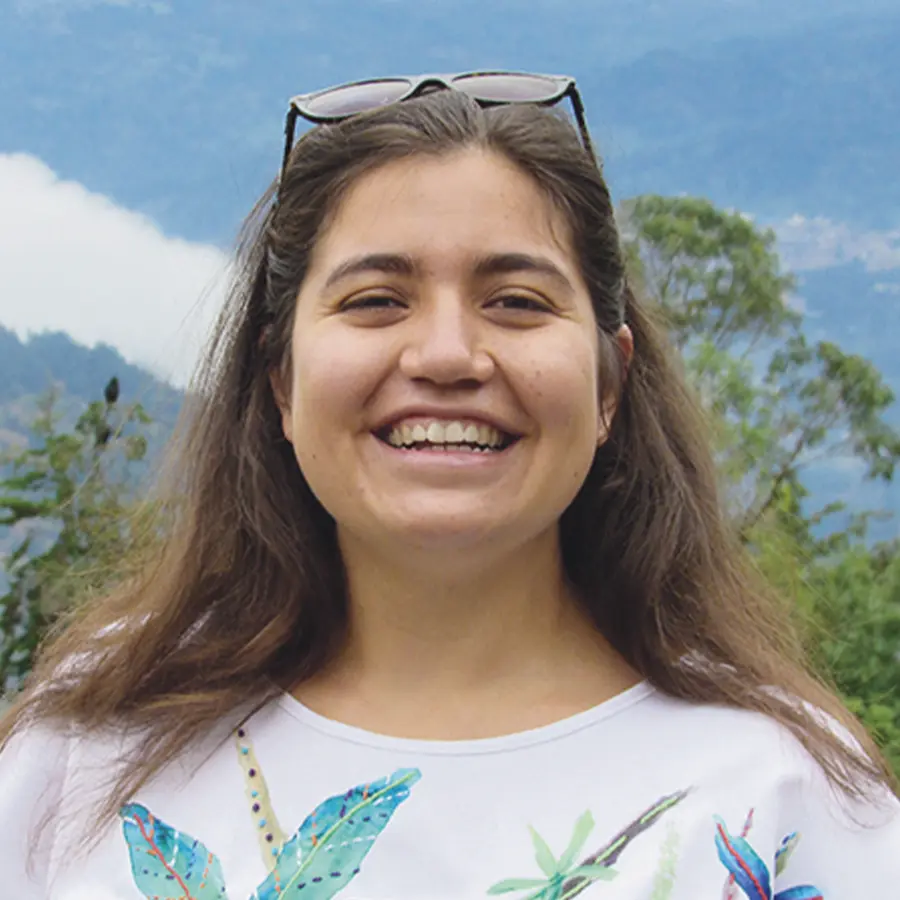
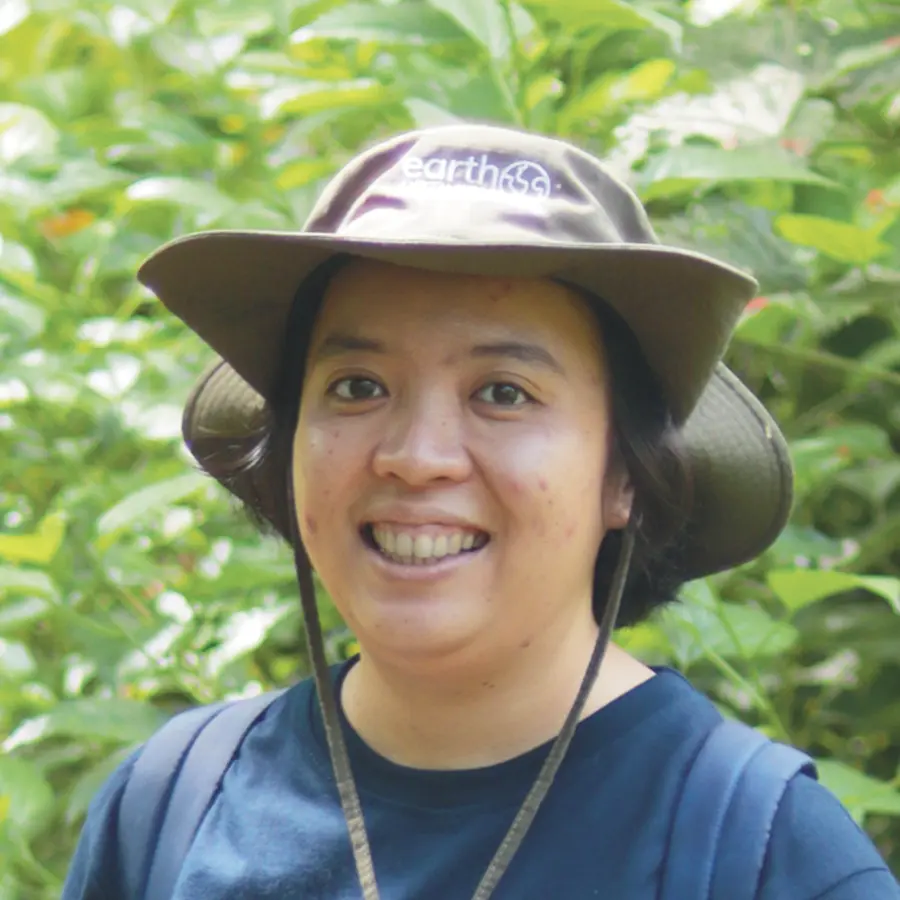
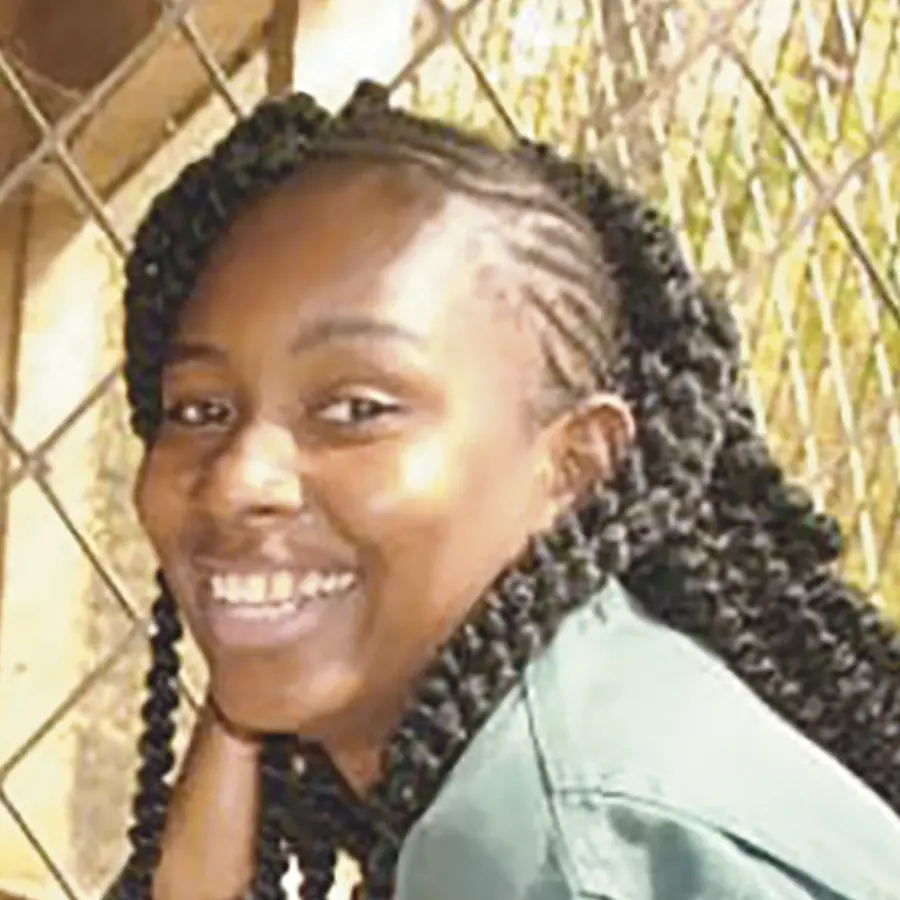
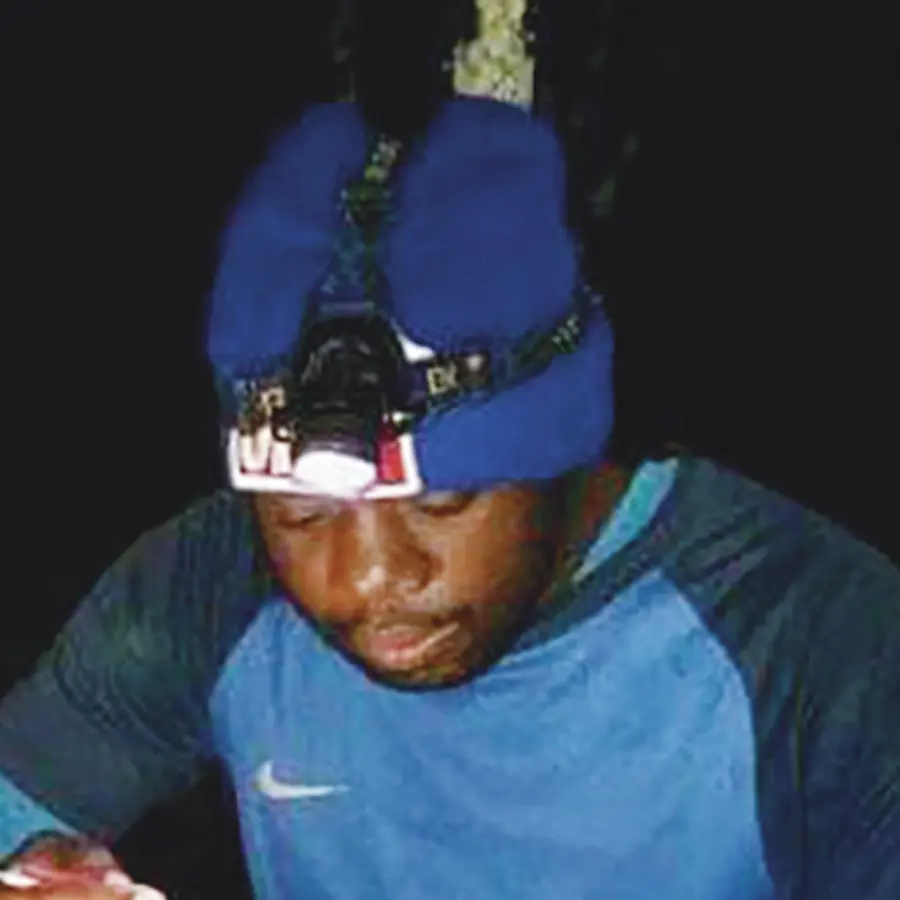
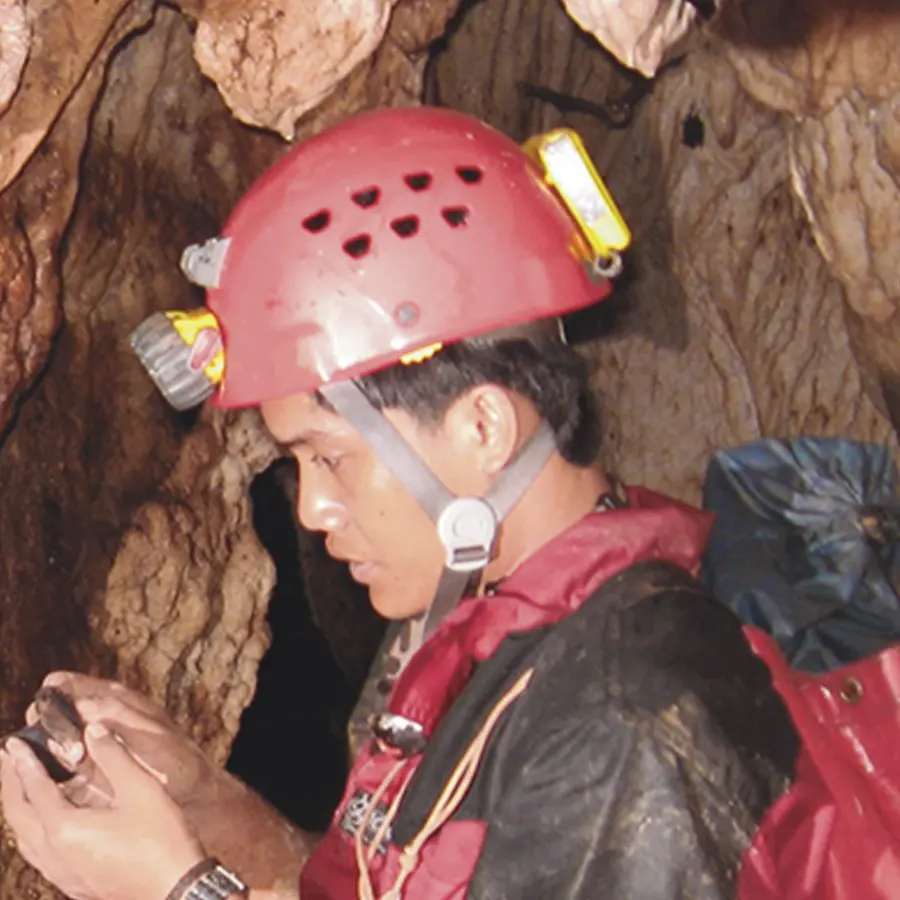





Sigit Wiantoro, Mentor
“MENTOR-Bat’s transdisciplinary team of conservationists—with backgrounds in veterinary science, virology, public health, caves and culture, and bat research—will add new capacity to bat conservation to creatively address threats and implement One Health solutions for the well-being of humans, bats, and ecosystems,” says Daphne Carlson (DVM, PhD), who is the Head of the USFWS Division of International Conservation.
The expected outcomes of the MENTOR-Bat Program include an “increased capacity and knowledge to reduce direct threats to bats in ways that benefit bat, human, and environmental health,” says de Wit. These aims will be achieved through academic and field-based training and robust mentoring, which ultimately will help advance global, national, and local bat conservation.